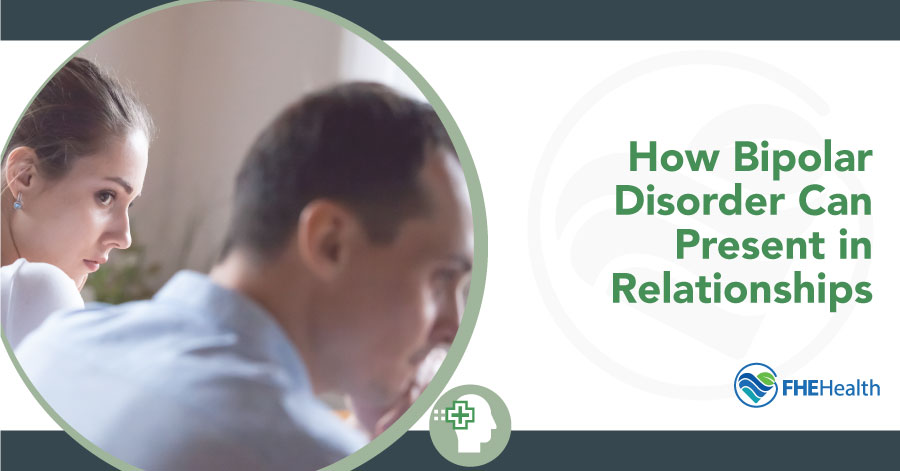
Bipolar disorder is a challenging mental health condition to have, let alone while navigating both bipolar disorder and relationships. This can have a profound impact on both partners involved.
If you suspect you or your partner may be living with bipolar disorder, it is important to learn how to address this mental health condition effectively. Consider the available treatment options and carefully consider whether continuing to work through the challenges together is the best course of action or if it’s time to prioritize your well-being and consider leaving the relationship.
How Common Is Bipolar Disorder in the United States?
Approximately 2.8% of American adults had bipolar disorder in the last year, making it a prevalent mental health condition. However, while this figure represents the portion of the population that’s been diagnosed with bipolar disorder, many individuals are undiagnosed or have been misdiagnosed.
According to a survey from the National Depressive and Manic-Depressive Association (DMDA), 69% of people with bipolar disorder are initially misdiagnosed. And one-third or more went undiagnosed for up to a decade or longer. This is because many patients seek diagnosis exclusively for the depressive symptoms of the disorder, making it common for healthcare professionals to initially diagnose the person with depression.
Why You Shouldn’t Try To Diagnose Your Partner With Bipolar Disorder
If you or your partner is experiencing symptoms consistent with bipolar disorder, it’s critical to seek professional help and not attempt to diagnose the condition on your own. Self-diagnosing bipolar disorder is dangerous because there’s a chance the person may have a different condition.
Suggesting they have bipolar disorder when they don’t can also invalidate the experience of those with the condition and can worsen the stigma surrounding mental health. Additionally, it can be hurtful to your partner to suggest they have a mental health disorder when there may be other reasons for their behavior.






